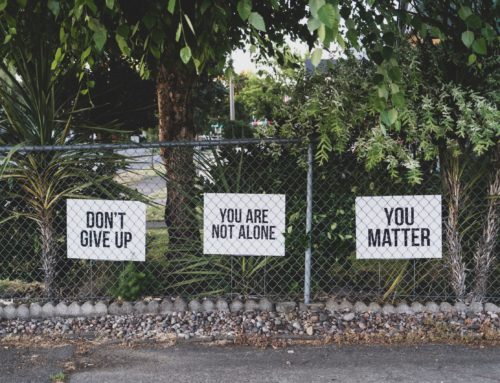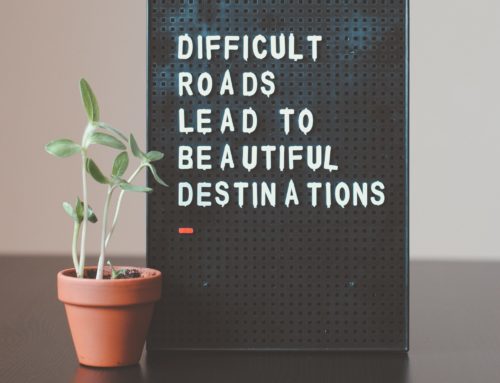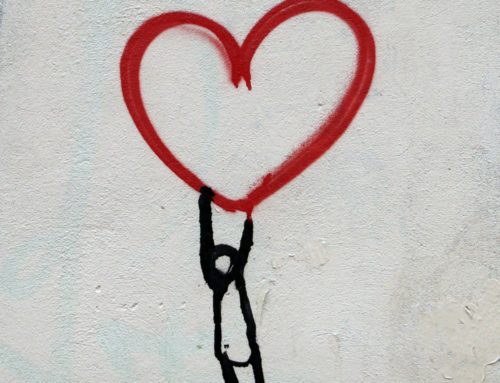Cope With Cravings
Staying sober is nothing short of a miracle for most people in recovery. In treatment, we focus greatly on relapse prevention and that includes how to deal with cravings to drink or to use drugs.
The key to managing cravings is to first learn what your triggers are and adjust your lifestyle to avoid those triggers as much as possible. It’s also important to gain some self-awareness to understand when and what craving means about you and your recovery. Not everyone experiences cravings the same way. Talking to other people in recovery about their experiences with cravings can be a great way to help identify the ‘not-so-obvious’ ways cravings can occur.
Cravings can serve as messengers to let you know something needs to be addressed physically, emotionally, mentally, and/or spiritually. Who better to help with identifying these messages than other recovering people who have successfully dealt with cravings!?!
While craving can be anywhere from mild to intense and can have the power to ruin a person’s recovery, there is good news about craving:
- They are temporary. The average craving only last about 7 minutes.
- Cravings do not mean the person is failing at recovery
- Consider this a signal to adjust the recovery program or that some need is not being met
- Cravings can be managed and lessened if acknowledged and dealt with in a timely manner
Craving not only has a physiological aspect, but it is driven by emotional and mental components. In fact, craving something, anything (food, sex, drug, gaming) is hard wired into our entire being and is motivated at our deepest level of the drive to survive. As humans, we are all vulnerable to addiction.
Since the average craving lasts only about 7 minutes, think about what you do within that 7 minute window. The urge will either subside or if it will grow into a compulsion to use. This is the proverbial “fork in the road.”
7 TIPS TO MANAGE CRAVINGS:
Don’t Ignore It.
Be honest with yourself. Trying to pretend it’s not happening will likely make the craving last longer. Own the feeling and then commit to deal with it in an appropriate way.
Reach Out.
Call your sponsor, accountability partner, or a trusted friend and admit to the craving right away. There is something about saying it out loud to a trusted person that tends to take a lot of the craving’s power away…Seriously, just try it! DO NOT call a “using buddy.” You can always call a professional for help.
Be Patient With Yourself.
Try not to get into self-doubt or loathing because you are having a craving. Move into the solution and avoid letting yourself hang out too long in negative thinking. Craving will not kill you but what you do about the craving might.
Go To A 12 Step Meeting.
If you are currently at a 12 step meeting, speak up and let the group know you are struggling. Often times, people will offer to sit and talk with you or go get coffee after the meeting to help you work through your thoughts and feelings.
Ride It Out.
Remember, cravings usually only last 7 minutes. Some ideas to help you pass the time: go for a walk or any form of exercise, journal, pray, meditate, rake the leaves, do the dishes, take a shower, write a gratitude list, recall the wonderful reasons you are now sober, help someone else, or read recovery-oriented material. That 7 minutes will fly by before you know it!
Remember HALT.
Take caution to keep from allowing yourself to get too Hungry, Angry, Lonely, or Tired – And if these things are occurring, take measures for self-care right away.
Make A Plan For The Next Few Hours.
Make plans that includes taking care of yourself and interacting with other people in recovery. Plan for something fun or pampering in some way like getting your nails done, a haircut, go for ice cream or a cup of coffee, the movies, or visit a friend or relative.
Managing cravings appropriately will actually improve the overall health of your recovery. Left alone, cravings will fester and grow into compulsions. This is completely avoidable if you will commit to take some action to safeguard your recovery as soon as the craving sets in.
Remember, this craving too shall pass!
If you or a loved one is in need of support, Low Country Counseling offers specialized therapy for Individuals, Moms, Couples, Families, Children, and Teens. Contact us for any questions you need answered or to schedule an appointment. Help is available. You are not alone!
Hope Starts HERE.






